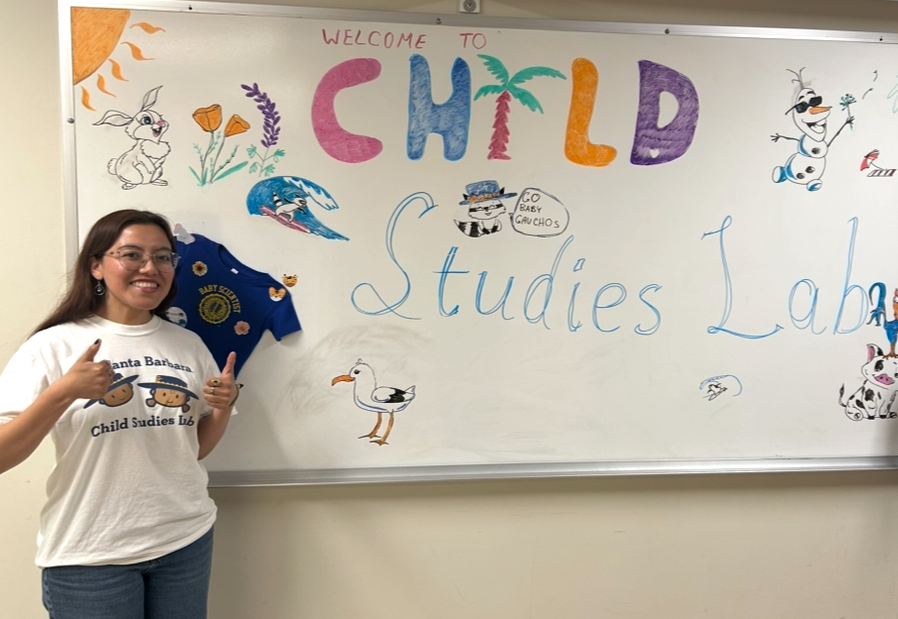
Understanding how people incorporate new information to identify social relationships provides insight into how humans perceive and understand their social environment. Previous research has shown that children and adults use social cues like playing together or sharing similarities to infer friendship (Afshordi & Liberman, 2021; Argyle & Henderson, 1984). Applying these findings, our project investigated whether adult friendship inferences can be represented using Bayes’ theorem. To do this, we created an online survey that asked participants to report a number of probabilities. First, participants were asked to imagine how likely two classmates were to become friends. Then, participants reported how likely two people were to engage in an interaction given that they were friends or not friends based on randomized condition. Participants read and reported probabilities for 20 different social interactions. Overall, participants possessed a baseline belief that there is a 34% chance that two classmates will become friends. Notably, our Bayesian model suggests that people’s friendship inferences will significantly change from their baseline beliefs given that they observe the two classmates engage in 17 of our 20 different social interactions. These findings indicate that people may reason about friendship using probabilities, and that statistical inference models like Bayesian inference may be able to represent human social cognition.